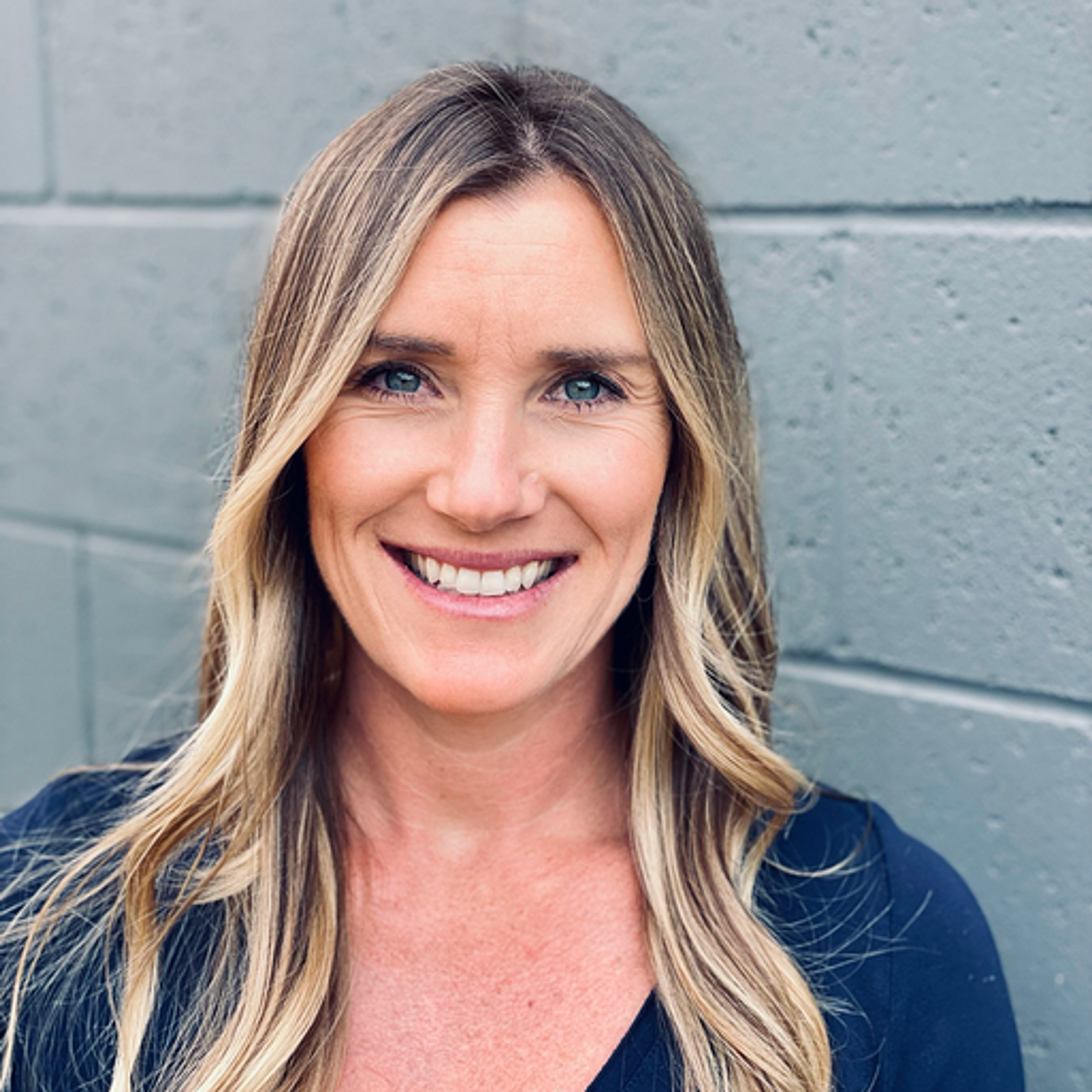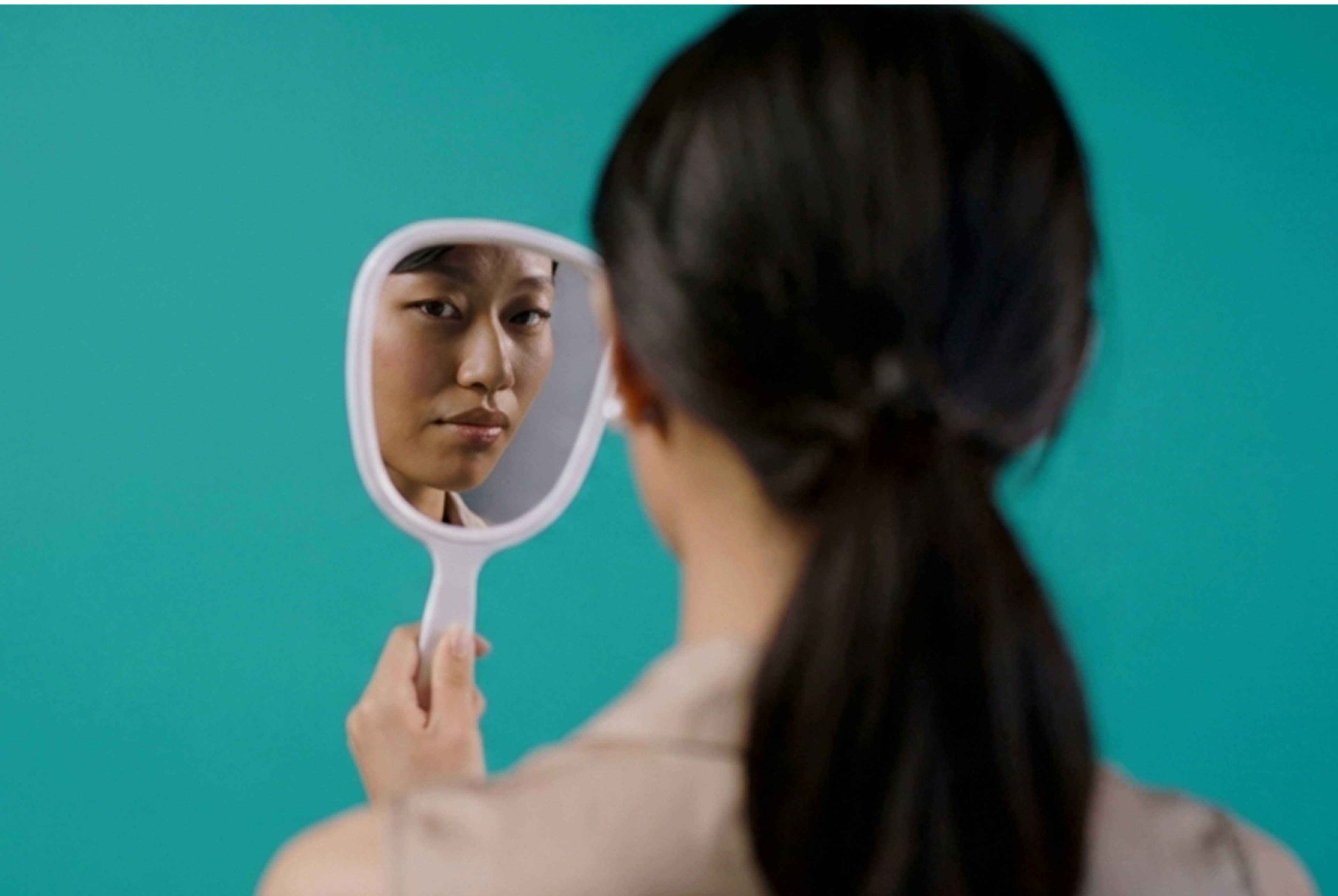


You might have heard people talk about “overeating” or “food addiction.” These are not clinical terms, but there’s a diagnosable condition that describes similar symptoms: binge eating disorder. So why is this term more accurate, and what does treatment for this condition look like?
Binge eating disorder vs. overeating: What’s the difference?
Most people, if not all people, overeat from time to time. It’s a completely normal part o f being human to grab that last slice of pizza even if you’re full, or to make yourself a sweet treat after a filling dinner. Binge eating is different. A binge occurs when you quickly eat an unusually large amount of food in a short period of time, past the point of discomfort, and feel like you have no control over yourself while doing so. You may also feel disconnected from your body. Feelings of guilt, shame, or distress usually follow a binge. Binge eating disorder (BED) is diagnosed when a person regularly experiences episodes of “bingeing.” Binges almost always occur after a period of restriction.
Why is it essential to use the term “binge eating disorder” instead of “overeating”? When we talk about BED, we’re talking about a diagnosable mental health disorder that goes beyond the occasional indulgence and isn’t about “willpower.” The term reflects the complexity and seriousness of the condition. It’s important to call binge eating disorder what it is, rather than brushing it off as compulsive overeating, for several reasons:
- It improves clinical understanding: Using the term “BED” can help healthcare professionals better understand the nature of the behavior. It’s a clear label for specific symptoms, making diagnosing and treating it easier.
- It acknowledges the regularity and severity of the condition : BED is not about eating too much at a family meal or a birthday party. It’s a distinct pattern of regularly restricting food portions and groups, followed by excessive eating accompanied by a loss of control. The term emphasizes the repetitive and compulsive nature of the behavior.
- It reflects emotional factors: Unlike occasionally eating past the point of feeling full, BED stems from complex emotional and psychological factors. It isn’t just about the food, but also coping with the emotions, stress, or other underlying issues.
- It brings to light potential medical implications: BED can also have serious medical implications, including cardiovascular issues, sleep issues, and other health concerns. Referring to it by its clinical term points to the condition’s seriousness.
Does binge eating disorder treatment work?
Absolutely! Binge eating disorder treatment can be incredibly effective. Effective, evidence-based binge eating disorder treatment generally includes:
- Professional guidance: Seeking help can involve connecting with healthcare professionals like therapists, dietitians, and medical providers. In treatment, you have a team of experts by your side, helping guide you through the journey to your recovery.
- Therapy options: Therapy is a cornerstone of BED treatment. A common and beneficial approach is enhanced cognitive behavioral therapy (CBT-E). CBT-E is a therapy approach that has the most empirical evidence for treating eating disorders, proving it to be an effective, gold standard–level treatment. Individuals who participate in up to 16 weeks of CBT-E show the greatest reduction in symptoms over those who only do up to eight weeks of treatment. This treatment approach can help rewire your thoughts and behaviors around food. With the support of a trained therapist, you can recognize and change the binge-restrict cycle.
- Nutrition counseling: Working closely with a dietitian is another key component of treatment to overcome binge eating disorder. A dietitian is a food expert on your team who can help you better understand your eating habits and heal your relationship with food.
- Medication consideration: When appropriate, your healthcare provider may consider adding medication to address co-occurring conditions like anxiety or depression.
- Emotional support: Emotional support is crucial to your recovery, serving as a safety net when things get tough. Friends, family, and support groups can provide the ongoing encouragement and understanding you need to push through the ups and downs of treatment.
What does binge eating disorder treatment look like?
Starting your journey to overcome BED can feel like you are stepping into the great unknown. Here’s a glimpse of what you can expect from your treatment:
- Evaluation and diagnosis: The recovery process begins with an assessment done by a healthcare professional. This evaluation is the starting point for your medical provider to understand the challenges you’re facing and to make an accurate diagnosis.
- Personalized treatment plan: Once you have a diagnosis, you and your care team can develop a customized treatment plan that fits your life and needs. This plan will outline the steps and strategies chosen to meet your unique situation—and that plan can change over time.
- Therapy sessions: Therapy sessions are a central part of your treatment. Regular check-ins with a licensed therapist can help you navigate your challenges and celebrate your victories.
- Coping skills: Building coping skills is a major focus of eating disorder therapy. These coping skills can help you deal with emotions, stress, and triggers.
- Nutritional guidance: A dietitian will provide you with nutritional guidance, help you reintroduce or incorporate movement, and promote a positive relationship with food.
- Supportive environment: Having a supportive environment is crucial and beneficial. Surrounding yourself with people who understand and encourage your journey can play a vital role in providing you with emotional support. At Equip, we encourage patients’ family and friends to be part of the treatment process, and match them with their own mentor who has supported a loved one through recovery.
- Progress and adjustments: Treatment is a dynamic process; it’s a journey that comes with milestones. As you progress, your provider team may adjust your plan to reflect your evolving needs and goals.
It’s important to remember that seeking help for a binge eating disorder is a brave and significant step. Binge eating disorder isn’t not “just” overeating, and it’s not something you can push through on your own.
Get in touch with our team today for more information or to schedule a free consultation.
About Erin Reeves, RD
Erin Reeves, Director of Nutrition at Equip, has 15 years of experience treating patients through all age ranges and levels of care. She received her Masters's Degree in Nutritional Science and completed her dietetic internship through California State University Long Beach. Erin is extremely passionate about helping people improve their relationship with food to live a full and happy life.
1. David, Daniel, et al. “Why Cognitive Behavioral Therapy Is the Current Gold Standard of Psychotherapy.” Frontiers in Psychiatry, vol. 9, 2018, p. 4. https://www.ncbi.nlm.nih.gov/pmc/articles/PMC5797481/
2. Mayo Clinic. “Binge-Eating Disorder.” www.mayoclinic.org/diseases-conditions/binge-eating-disorder/symptoms-causes/syc-20353627.
3. Peat, Christine M., et al. “Binge Eating Disorder: Evidence-Based Treatments.” Current Psychiatry, vol. 11, no. 5, 2012, pp. 32-39. https://www.ncbi.nlm.nih.gov/pmc/articles/PMC4768866/.
4. Russell, H., Aouad, P., Le, A., Marks, P., Maloney, D., Touyz, S., & Maguire, S. (2023, October 4). Psychotherapies for eating disorders: Findings from a Rapid Review - Journal of Eating Disorders. BioMed Central. https://jeatdisord.biomedcentral.com/articles/10.1186/s40337-023-00886-w







